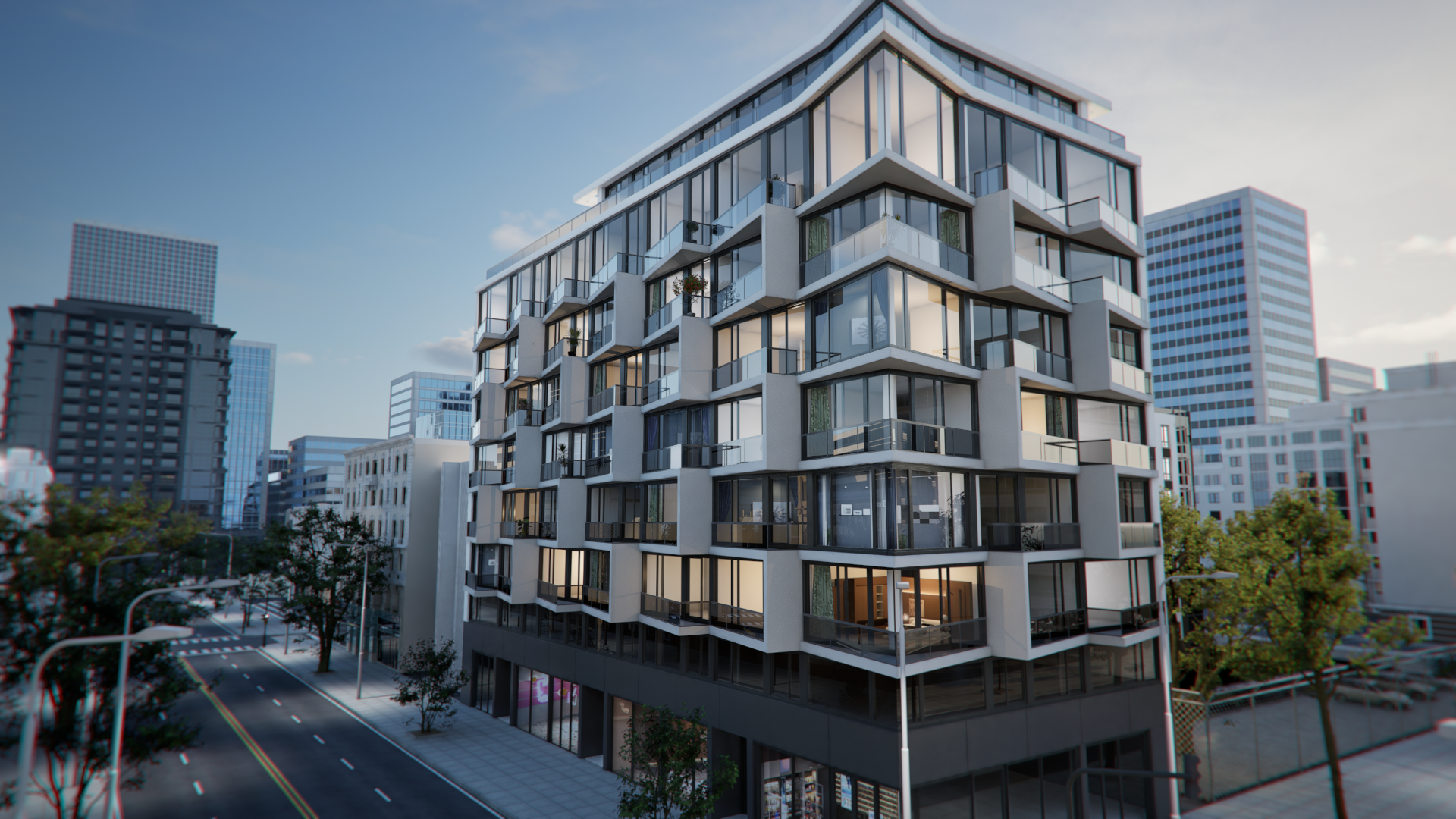Orbitz360
The Role of VR in Architectural Visualization

Introduction
Architects and designers are embracing Virtual Reality (VR) to revolutionize the way they present their work. With VR, clients can experience architectural designs in a virtual walkthrough, offering an immersive understanding of spaces long before they’re built. This is a game-changer for architectural visualization, allowing for better feedback and faster project approvals.
Benefits of VR in Architecture
VR gives clients a realistic sense of scale, layout, and material finishes, which traditional renderings or 3D models can’t fully capture. This experience enables clients to visualize spaces clearly, reducing misunderstandings and adjustments later in the project.
The Future of VR in Architecture
As VR technology becomes more accessible, architects will likely adopt it as a standard presentation tool. Future developments may even integrate AI to create adaptive VR models that adjust to client feedback in real time.
Conclusion
With VR, architects can create powerful, immersive experiences that make design ideas come to life. This technology has the potential to elevate architectural presentations, enhancing client satisfaction and project success.
Orbitz360 is proudly powered by WordPress
